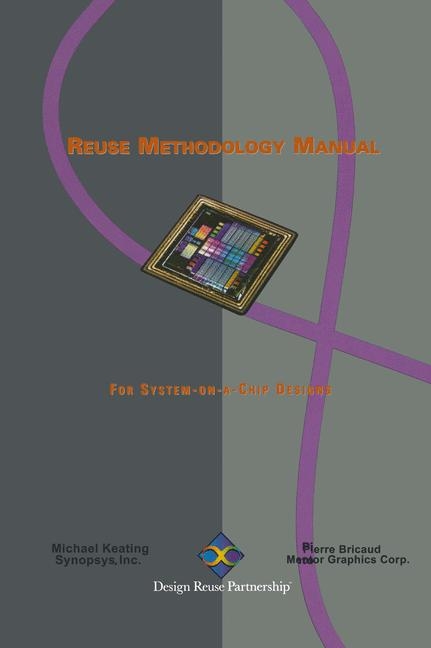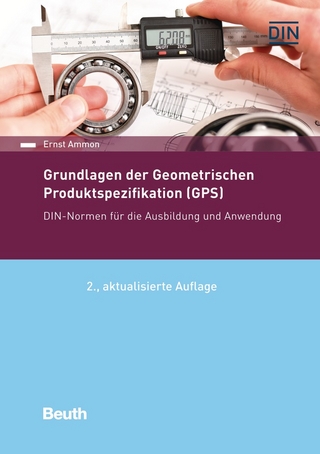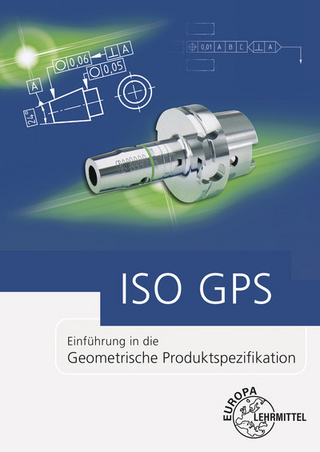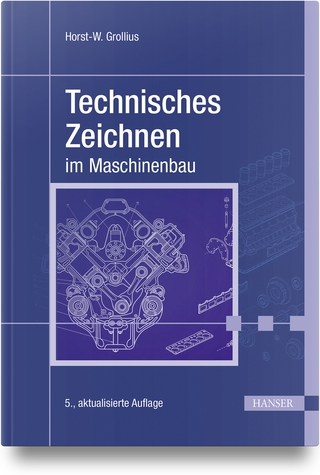
Reuse Methodology Manual for System-On-A-Chip Designs
Seiten
1999
|
Softcover reprint of the original 1st ed. 1998
Springer-Verlag New York Inc.
978-1-4757-2889-7 (ISBN)
Springer-Verlag New York Inc.
978-1-4757-2889-7 (ISBN)
- Titel wird leider nicht erscheinen
- Artikel merken
There is considerable pressure to keep design team size and design schedules constant while design complexities grow.
Reuse Methodology Manual for System-On-A-Chip Designs outlines an effective methodology for creating reusable designs for use in a System-on-a-Chip (SoC) design methodology.
Silicon technology now allows us to build chips consisting of tens of millions of transistors. This technology promises new levels of system integration onto a single chip, but also presents significant challenges to the chip designer. As a result, many ASIC developers and silicon vendors are re-examining their design methodologies, searching for ways to make effective use of the huge numbers of gates now available.
These designers see current design tools and methodologies as inadequate for developing million-gate ASICs from scratch. There is considerable pressure to keep design team size and design schedules constant while design complexities grow. Tools are not providing the productivity gains required to keep pace with the increasing gate counts available from deep submicron technology. Design reuse - the use of pre-designed and pre-verified cores - is the most promising opportunity to bridge the gap between available gate-count and designer productivity.
Reuse Methodology Manual for System-On-A-Chip Designs outlines an effective methodology for creating reusable designs for use in a System-on-a-Chip (SoC) design methodology. Silicon and tool technologies move so quickly that no single methodology can provide a permanent solution to this highly dynamic problem. Instead, this manual is an attempt to capture and incrementally improve on current best practices in the industry, and to give a coherent, integrated view of the design process.
From the Foreword
`Synopsys and Mentor Graphics have joined forces to help make IP reuse a reality. One of the goals of our Design Reuse Partnership is to develop, demonstrate, and document a reuse-based design methodology that works. The Reuse Manual (RMM) is the result of this effort.'
Aart J. de Geus, Synopsys, Inc.
Walden C. Rhines, Mentor Graphics Corporation
Reuse Methodology Manual for System-On-A-Chip Designs outlines an effective methodology for creating reusable designs for use in a System-on-a-Chip (SoC) design methodology.
Silicon technology now allows us to build chips consisting of tens of millions of transistors. This technology promises new levels of system integration onto a single chip, but also presents significant challenges to the chip designer. As a result, many ASIC developers and silicon vendors are re-examining their design methodologies, searching for ways to make effective use of the huge numbers of gates now available.
These designers see current design tools and methodologies as inadequate for developing million-gate ASICs from scratch. There is considerable pressure to keep design team size and design schedules constant while design complexities grow. Tools are not providing the productivity gains required to keep pace with the increasing gate counts available from deep submicron technology. Design reuse - the use of pre-designed and pre-verified cores - is the most promising opportunity to bridge the gap between available gate-count and designer productivity.
Reuse Methodology Manual for System-On-A-Chip Designs outlines an effective methodology for creating reusable designs for use in a System-on-a-Chip (SoC) design methodology. Silicon and tool technologies move so quickly that no single methodology can provide a permanent solution to this highly dynamic problem. Instead, this manual is an attempt to capture and incrementally improve on current best practices in the industry, and to give a coherent, integrated view of the design process.
From the Foreword
`Synopsys and Mentor Graphics have joined forces to help make IP reuse a reality. One of the goals of our Design Reuse Partnership is to develop, demonstrate, and document a reuse-based design methodology that works. The Reuse Manual (RMM) is the result of this effort.'
Aart J. de Geus, Synopsys, Inc.
Walden C. Rhines, Mentor Graphics Corporation
Foreword. 1. Introduction. 2. The System-on-a-Chip Design Process. 3. System-Level Design Issues: Rules and Tools. 4. The Macro Design Process. 5. RTL Coding Guidelines. 6. Macro Synthesis Guidelines. 7. Macro Verification Guidelines. 8. Developing Hard Macros. 9. Macro Deployment: Packaging for Reuse. 10. System Integration with Reusable Macros. 11. System-Level Verification Issues. 12. Data and Project Management. 13. Implementing a Reuse Process. Glossary. Bibliography. Index.
| Erscheinungsdatum | 19.12.2018 |
|---|---|
| Zusatzinfo | XVI, 224 p. |
| Verlagsort | New York, NY |
| Sprache | englisch |
| Maße | 152 x 229 mm |
| Themenwelt | Informatik ► Weitere Themen ► CAD-Programme |
| Technik ► Elektrotechnik / Energietechnik | |
| Schlagworte | ASIC • Integrated circuit • RTL • Scratch • System on chip (SoC) • Transistor |
| ISBN-10 | 1-4757-2889-1 / 1475728891 |
| ISBN-13 | 978-1-4757-2889-7 / 9781475728897 |
| Zustand | Neuware |
| Haben Sie eine Frage zum Produkt? |
Mehr entdecken
aus dem Bereich
aus dem Bereich
Buch | Softcover (2023)
Beuth (Verlag)
99,00 €
Einführung in die Geometrische Produktspezifikation
Buch | Softcover (2023)
Europa-Lehrmittel (Verlag)
20,70 €


